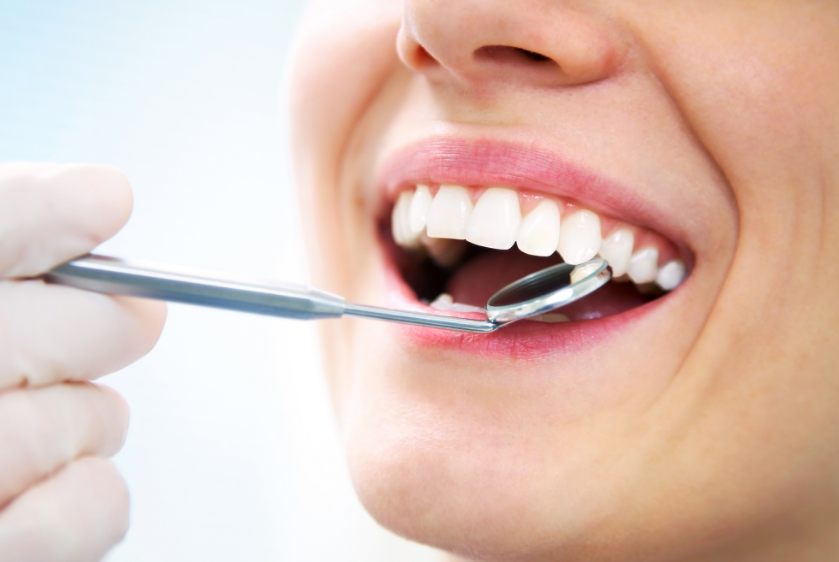Wisdom teeth extraction
What makes wisdom teeth so special?
Third molars are called "wisdom teeth" because they are the last permanent teeth to appear. They usually grow in early adulthood, between the ages of 17 and 25. These teeth come in fours but some people may only have 2 or 3.
It is worth noting that only 5% of people are considered to have the space required for these molars to emerge and position themselves properly within the mouth! In this sense, it is much more common for wisdom teeth to grow in partially (semi-included teeth), or even not at all, and remain "embedded" in the bone, which can lead complications.

Do I need to have my wisdom teeth extracted?
- Greater difficulty in cleaning these teeth, as they grow in at the very back of the mouth. This increases the risk of cavities and gum problems.
- A risk of infection of the tissues surrounding wisdom teeth (pericoronitis).
- Root decays, which is more difficult to treat and can spread.
- Damage to adjacent teeth. Impacted teeth can exert pressure on other tooth roots.
- The formation of cysts or tumors, which can result from repeated infection of wisdom teeth. .
However, it's not uncommon for wisdom teeth to cause a problem that remains asymptomatic for a long time. For example, by pushing against the 2nd molar, a wisdom tooth can damage the latter. It can therefore be beneficial to have wisdom teeth removed as a preventive measure.
The best way to care for your wisdom teeth is regular follow-up! During your routine examination at Dentistes Outremont, our professionals will be able to determine whether the positioning of your wisdom teeth is likely to pose a problem, or whether a complication has already arisen. You can then discuss the possibility of having them extracted.


How does the surgery work?

